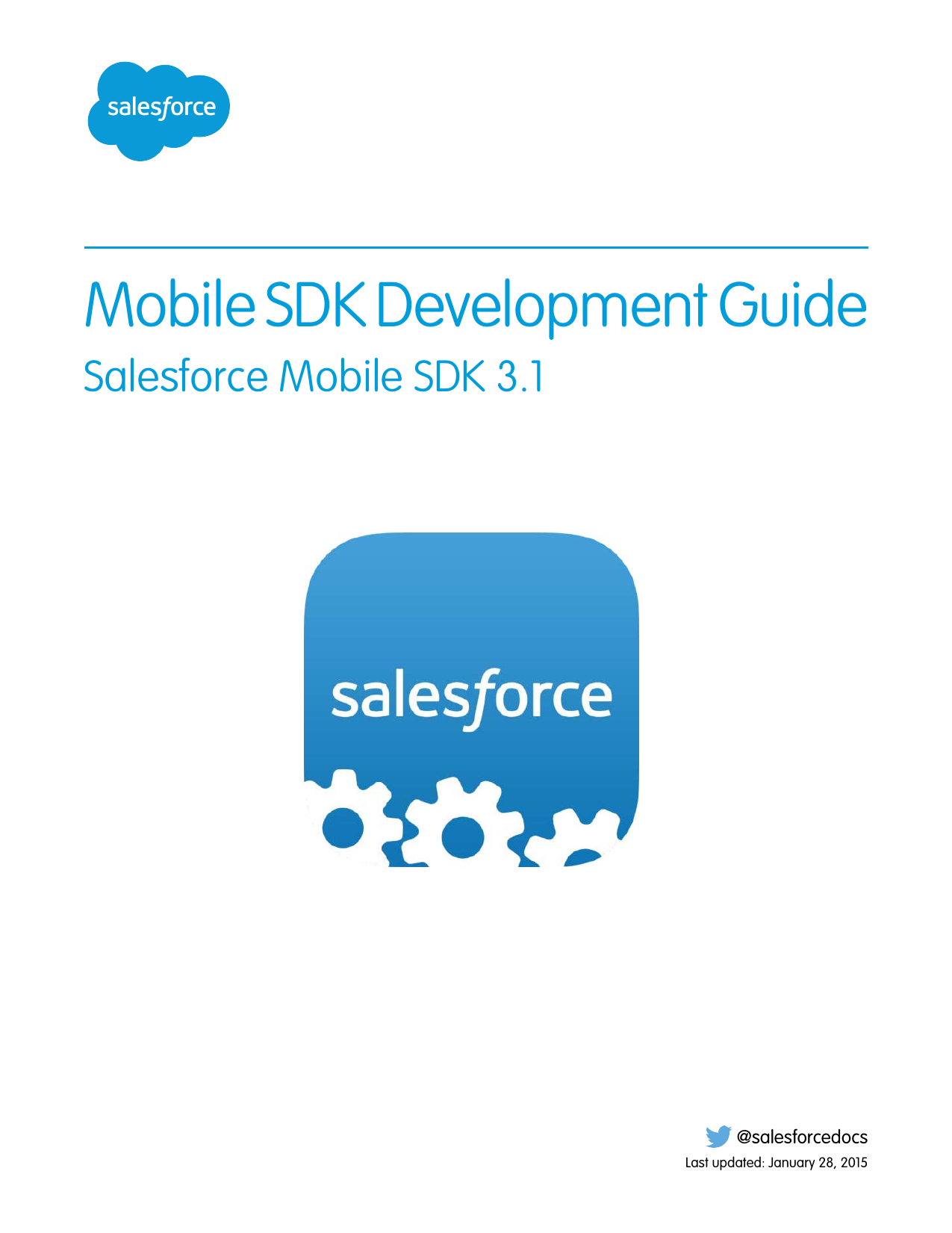

For example: SELECT COUNT_DISTINCT(Company) FROM Lead Returns the number of distinct non-null field values matching the query criteria. If you are using a GROUP BY clause, use COUNT( fieldName) instead of COUNT(). The COUNT( fieldName) syntax is available in API version 18.0 and later. Note: COUNT(Id) in SOQL is equivalent to COUNT(*) in SQL. For example using COUNT(): SELECT COUNT() FROM Account WHERE Nameįor example using COUNT( fieldName): SELECT COUNT(Id) FROM Account WHERE Name LIKE 'a%' Returns the number of rows matching the query criteria. For example: SELECT CampaignId, AVG(Amount) FROM Opportunity Returns the average value of a numeric field.

This table lists all the aggregate functions supported by SOQL. SELECT CampaignId, AVG(Amount)FROM Opportunity GROUP BY CampaignId However, these functions become a more powerful tool to generate reports when you use them with a GROUP BY clause.įor example, you could find the average Amount for all your opportunities by campaign. You can use these functions without using a GROUP BY clause.įor example, you could use the AVG() aggregate function to find the average Amount for all your opportunities. Aggregate Functions:A ggregate functions allow you to roll up and summarize your data for analysis.


 0 kommentar(er)
0 kommentar(er)
